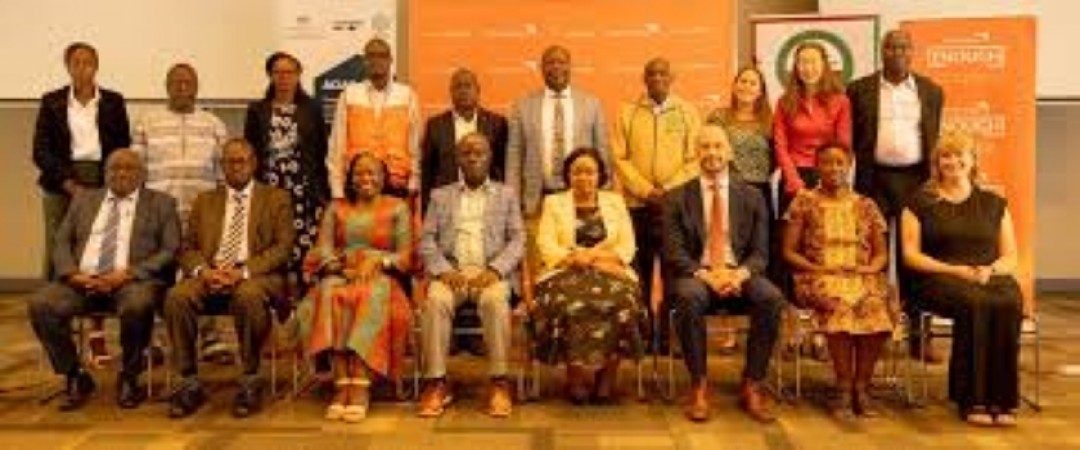
Kenya is set to become a regional hub for climate resilience research in East Africa following a landmark AUD 3.5 million investment from the Australian Government. The funding aims to drive large-scale land restoration efforts and develop science-based strategies to combat environmental degradation, reinforcing Kenya's commitment to climate adaptation and sustainable land management.
The initiative, titled Regreening for the Future, was unveiled in Nairobi by Dr. Jane Njuguna, Director of the Kenya Forestry Research Institute (KEFRI). It is a collaborative effort involving the Australian Government, World Vision Australia, World Vision Kenya, KEFRI, the Center for International Forestry Research (CIFOR-ICRAF), the University of Nairobi, and the United Nations University. This multi-stakeholder partnership will harness scientific research, policy analysis, technological innovation, and community engagement to bolster climate adaptation strategies.
Speaking at the launch, Professor Wendy Umberger, Chief Executive of the Australian Centre for International Agricultural Research (ACIAR), emphasized the crucial role of scientific collaboration. “The Regreening for the Future project is designed to advance research on sustainable land management and climate-smart agriculture. By integrating the latest scientific knowledge with on-the-ground experience, we aim to develop evidence-based solutions that can be scaled across the region,” said Prof. Umberger.
Kenya has already set an ambitious target of restoring 10.6 million hectares of degraded land and increasing its tree cover to 32% by 2032, as part of its commitment to the African Forest Landscape Restoration Initiative (AFR100) and the Bonn Challenge. The new funding will support vital research on ecosystem restoration, sustainable forestry, and climate-resilient agriculture. Scientists will focus on soil health, water conservation techniques, and tree-planting strategies tailored to Kenya’s diverse ecosystems.
In addition to reforestation, the project will assess policies and regulatory frameworks that facilitate sustainable land restoration. A key component of this initiative is strengthening institutional and community support systems, ensuring long-term success and scalability of climate adaptation strategies.
Australia’s investment forms part of its broader global agenda to combat climate change through research and innovation. Recognizing the shared agricultural and environmental challenges between Africa and Australia, the project aims to foster cross-continental collaboration and knowledge exchange.
“Australia’s agricultural innovation system has valuable expertise that can be adapted to the African context,” Prof. Umberger noted. “At the same time, we acknowledge the wealth of knowledge that African communities have in land restoration. This collaboration is mutually beneficial.”
The next phase of Regreening for the Future will focus on training programs, policy integration, and scaling up regreening efforts. By equipping farmers, researchers, and policymakers with practical skills and scientific insights, the project aims to lay the groundwork for sustainable land management practices that can extend beyond Kenya to other climate-vulnerable regions in Africa.
With this strategic partnership, Kenya moves a step closer to enhancing its climate resilience, promoting sustainable agriculture, and leading the charge in regional land restoration efforts.
Article by Nyokabi Wanjiku
Photo/Google

Comment